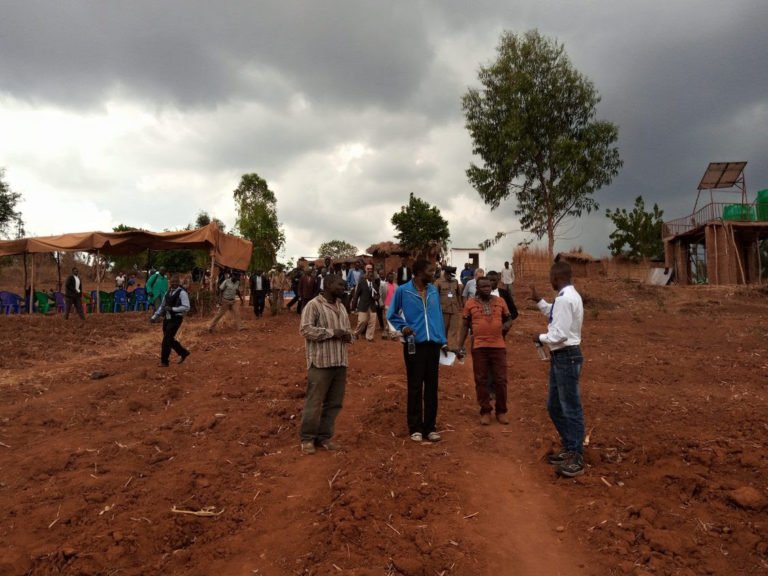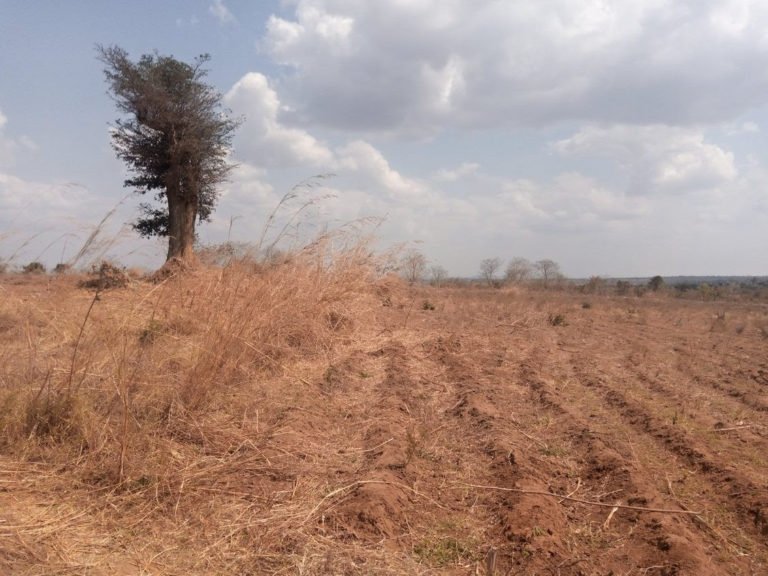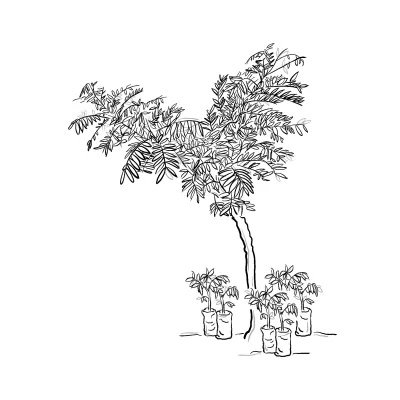3: Planting Trees: A Necessity
Malawi
A Climate Pollinator story by Sierra Ross Richer
A powerful rainstorm hit parts of Malawi last year. “Trees were falling down, houses were falling down, it was terrible,” said Shadreck Kwendanyama, a bishop and the director of Mennonite Brethren (MB) Malawi. While devastating, storms like this one have become commonplace in recent years.
Changing weather patterns across the country of Malawi mean that rain events are less predictable and more powerful than before. But Shadreck said, “rain (itself) is not a problem.”
What is a problem is that without trees to hold the land in place and help the soil retain water, “land is being carried away… houses are being swept out because of the force of the water.”
Naturally forested, Malawi has seen a 14 percent loss in tree cover since 2000, according to Global Forest Watch, and deforestation started decades before that.
Beginning in the 1970s, Shadreck explained, trees were cut down to clear fields for tobacco, and in the 1990s, deforestation for the production of charcoal ramped up.
“Wherever you go, when you see a hill,” Shadreck said, “it’s just clear.”
Charcoal and firewood are the main sources of fuel used for cooking in Malawian homes. “We are using charcoal, including me,” Shadreck said.
But about a decade ago, Shadreck said, it became obvious that the trees were running out, and the consequences were serious.
“These challenges of floods, storms, cyclones, it’s because we have destroyed nature, we’ve destroyed what God created. The land has been degraded.”
“That’s when the church and the community as well sat down and decided to say, ‘what can we do?’” Shadreck said. The answer was obvious: start planting trees.
In communities around the country, church members and villagers started tree nurseries near river banks. They plant seeds in the rainy season in June and July and five months later, they transplant the young trees to homes, gardens and reforestation plots.
Fast-growing trees like banana, pawpaw and kesha are prioritized because they only take a few years or less to mature and provide fruit and wood quickly. They also provide windblocks and help stabilize riverbanks in the event of storms.
“The community has already started benefiting from the project,” Shadreck said.
Not every one of the 50 Mennonite Brethren churches in Malawi has started planting trees, but Shadreck said, “the message has reached to each and every church.”
The message Shadreck hopes will reach the broader church: “We need to understand and agree that the creation has been destroyed. In Malawi that is the situation. They should teach their communities, teach their church members the dangers we are facing now.”
Photos




